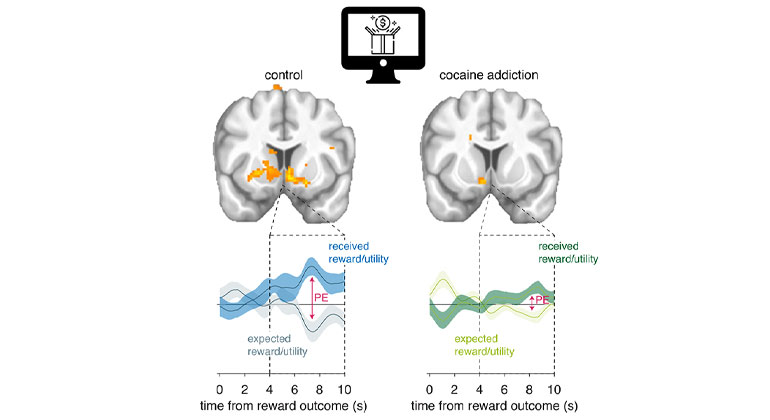Mount Sinai Participates in Landmark Study to Investigate Substance Use and Adolescent Brain Development
The Icahn School of Medicine at Mount Sinai has received more than $4.7 million from the National Institutes of Health to study the effects of adolescent substance use on the developing brain. The Adolescent Brain Cognitive Development (ABCD) study will follow approximately 10,000 children beginning at ages 9 to 10, before they initiate drug use, through the period of highest risk for substance use and other mental health disorders. Scientists will track exposure to substances (including nicotine, alcohol and marijuana), academic achievement, cognitive skills, mental health and brain structure and function using advanced research methods.
Mount Sinai’s portion of the ABCD study will include following 500 teens and specifically focus on predictors of early-onset use and how these substances alter the developmental trajectory of the brain in the short and longer term.
“The standardized, multi-system big-data framework approach that we will use to study a large number of young study participants represents a paradigm shift for the addiction and mental health fields and will yield valuable insight about the impact of substance use and abuse on young people,” says Rita Goldstein, PhD, Chief of the Neuropsychoimaging of Addiction and Related Conditions (NARC) and the Brain Imaging Center (BIC) and a professor of psychiatry and neuroscience in the Icahn School of Medicine at Mount Sinai, who is leading the study at Mount Sinai. “Integrative multi-modal neuroimaging studies to uncover the brain mechanisms that could predate and potentially contribute to risk for substance abuse and addiction and related psychiatric comorbidities have not been conducted at this scale before, so this project is both exciting and crucially important.”
Dr. Goldstein will work with collaborators from the University of California, San Diego, Weill Cornell Medical College of Cornell University and Columbia University to collect mental and physical health information, including data from high-resolution brain scans and genetic material. They will also collect information about sleep patterns, diet and exercise, social media use and other environmental factors.
“The close collaboration with Dr. BJ Casey, the principal investigator of the study at Weill Cornell, and her team, will allow us to study the cortical-subcortical pathways that may predispose some individuals for developing impulsive behaviors that could contribute to drug addiction and other disorders. Such early identification of risk is crucial for the development of effective and individually tailored intervention and prevention efforts. We will also be able to identify the brain circuits and pathways that may provide protection against developing addiction; identifying mechanisms underlying resilience has been an important focus at Mount Sinai,” says Dr. Goldstein.
In addition to creating a comprehensive informational database and birds-eye view of this potentially turbulent time in a person’s development, the ABCD study aims to apply these findings to help inform public health and prevention strategies that can be designed to protect young people when they are most vulnerable.
For more information about the ABCD Study, please visit: http://addictionresearch.nih.gov/adolescent-brain-cognitive-development-study
About the Mount Sinai Health System
Mount Sinai Health System is one of the largest academic medical systems in the New York metro area, with 48,000 employees working across eight hospitals, more than 400 outpatient practices, more than 600 research and clinical labs, a school of nursing, and a leading school of medicine and graduate education. Mount Sinai advances health for all people, everywhere, by taking on the most complex health care challenges of our time—discovering and applying new scientific learning and knowledge; developing safer, more effective treatments; educating the next generation of medical leaders and innovators; and supporting local communities by delivering high-quality care to all who need it.
Through the integration of its hospitals, labs, and schools, Mount Sinai offers comprehensive health care solutions from birth through geriatrics, leveraging innovative approaches such as artificial intelligence and informatics while keeping patients’ medical and emotional needs at the center of all treatment. The Health System includes approximately 9,000 primary and specialty care physicians and 11 free-standing joint-venture centers throughout the five boroughs of New York City, Westchester, Long Island, and Florida. Hospitals within the System are consistently ranked by Newsweek’s® “The World’s Best Smart Hospitals, Best in State Hospitals, World Best Hospitals and Best Specialty Hospitals” and by U.S. News & World Report's® “Best Hospitals” and “Best Children’s Hospitals.” The Mount Sinai Hospital is on the U.S. News & World Report® “Best Hospitals” Honor Roll for 2024-2025.
For more information, visit https://www.mountsinai.org or find Mount Sinai on Facebook, Twitter and YouTube.

